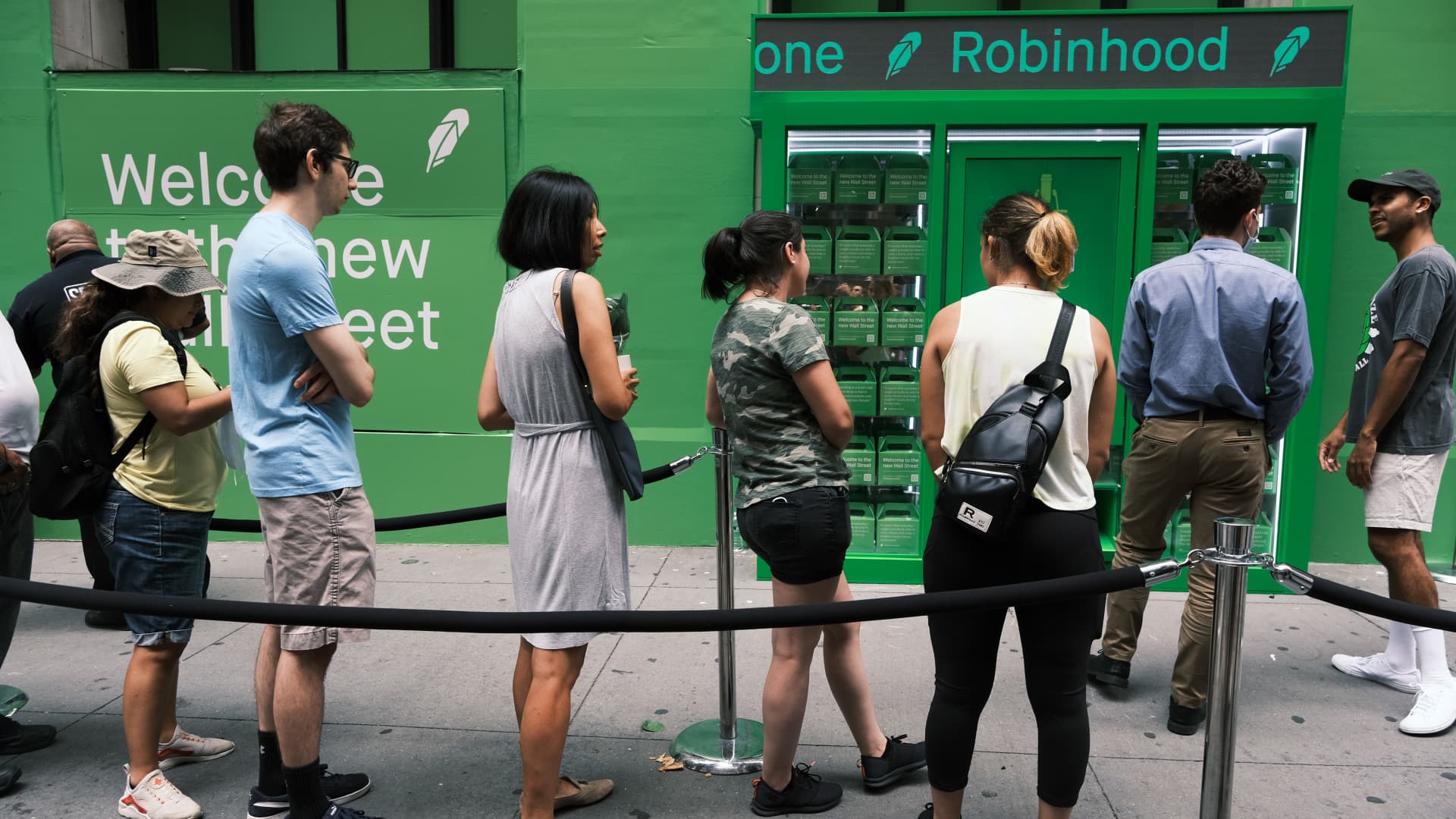Mortgage rates dropped again this week to the lowest level since February, according to Freddie Mac. (iStock)
Mortgage rates dropped again this week to the lowest level since February in anticipation of the Federal Reserve cutting interest rates by 25 basis points in September, according to Freddie Mac.
The average 30-year fixed-rate mortgage was 6.73% for the week ending Aug. 1, according to Freddie Mac’s latest Primary Mortgage Market Survey. That’s a decrease from the previous week when it averaged 6.78% and lower than the 6.90% it was a year ago.
The average rate for a 15-year mortgage was 5.99%, down from 6.07% last week and down from 6.25% last year.
On Wednesday, Fed Chair Jerome Powell told reporters that the central bank has gained greater confidence that inflation is moving towards its 2% target rate, indicating that while rates were not lowered this time, they could soon be. Market expectations forecast a 25 basis point rate cut by the central bank’s September meeting. On Wednesday, the Mortgage Bankers Association said they anticipate two rate cuts this year, expecting inflation to continue to moderate.
However, an easing in the Fed’s interest rate policy and moderating home prices may not be enough to pull some homebuyers, currently sidelined by affordability issues, back into the market, according to Freddie Mac’s Chief Economist Sam Khater.
“Expectations of a Fed rate cut coupled with signs of cooling inflation bode well for the market, but apprehension in consumer confidence may prevent an immediate uptick as affordability challenges remain top of mind,” Khater said. “Despite this, a recent moderation in home price growth and increases in housing inventory are a welcoming sign for potential homebuyers.”
Homebuyers can find competitive mortgage rates by shopping around and comparing options. Visit an online marketplace like Credible to compare rates with multiple lenders at once.
MIDDLE-INCOME AMERICANS FEEL MORE OPTIMISM ABOUT FINANCES AND ECONOMY’S DIRECTION: SURVEY
Home prices cool
The national median list price dipped from $445,000 in June to $439,950 in July, according to a new monthly housing report by Realtor.com. At the same time, the housing supply increased by 36.6%, a ninth straight month of growth, and now sits at a post-pandemic high.
Those two factors, combined with the prospect of lower interest rates – and potentially lower mortgage rates – should entice buyers back to the market. However, home prices remain near record highs and buyers waiting for more bargains in borrowing rates might not find them, according to Realtor.com Economist Jiayi Xu. A recent analysis from Realtor.com said that 86% of outstanding mortgage debt has a sub-6% rate, and more than three-quarters have a rate of 5% or lower—still significantly below where rates might end up this year.
“The housing market has been cooling in recent weeks, with stable prices, increasing listings, and longer time on market,” Xu said. “However, as home prices hover at or near record highs, affordability continues to be the top challenge. While the potential rate cut in September will be a good start to bring the rate down, subsequent drops in mortgage rates may not be as significant as many anticipated because the market is already pricing in rate cuts and such expectation is reflected by recent rate drops.”
If you’d like to see if you qualify for a mortgage based on your current credit score and salary, consider visiting Credible, where you can compare multiple mortgage lenders at once.
76% OF BUY NOW, PAY LATER USERS SAID IT HELPED IMPROVE THEIR FINANCIAL SITUATION BUT BEWARE OF RISKS: SURVEY
Market tips in favor of buyers
A recent Zillow report said home sellers have had to cut their listing prices to entice buyers.
Roughly 24.5% of listings in June had a price cut, up from 23.8% the previous month. Market dynamics are shifting toward a pre-pandemic normal in terms of competition among buyers and their negotiating power, Zillow said.
“A growing segment of homes that aren’t competitively priced or well marketed are lingering on the market,” Zillow Chief Economist Skylar Olsen said. “Sellers are increasingly cutting prices to entice buyers struggling with affordability.”
“For years, the housing market has been defined by fast sales and few options,” Olsen continued. “Now it’s starting to look more like it did before the pandemic in terms of competition, if not costs. As the wait for mortgage rate relief drags on, slower price growth and even dips in some areas will help buyers catch up on saving for a down payment.”
If you are ready to shop for the best rate on a new mortgage, consider visiting an online marketplace like Credible to compare rates with multiple lenders at once.
HIGH HOMEOWNERS INSURANCE RATES SCARING AWAY FLORIDA HOMEBUYERS, OTHER STATES FACE THE SAME ISSUE
Have a finance-related question, but don’t know who to ask? Email The Credible Money Expert at [email protected] and your question might be answered by Credible in our Money Expert column.

 Blog Post1 week ago
Blog Post1 week ago
 Economics1 week ago
Economics1 week ago
 Finance1 week ago
Finance1 week ago
 Accounting1 week ago
Accounting1 week ago
 Personal Finance7 days ago
Personal Finance7 days ago
 Personal Finance1 week ago
Personal Finance1 week ago
 Personal Finance1 week ago
Personal Finance1 week ago
 Finance1 week ago
Finance1 week ago










